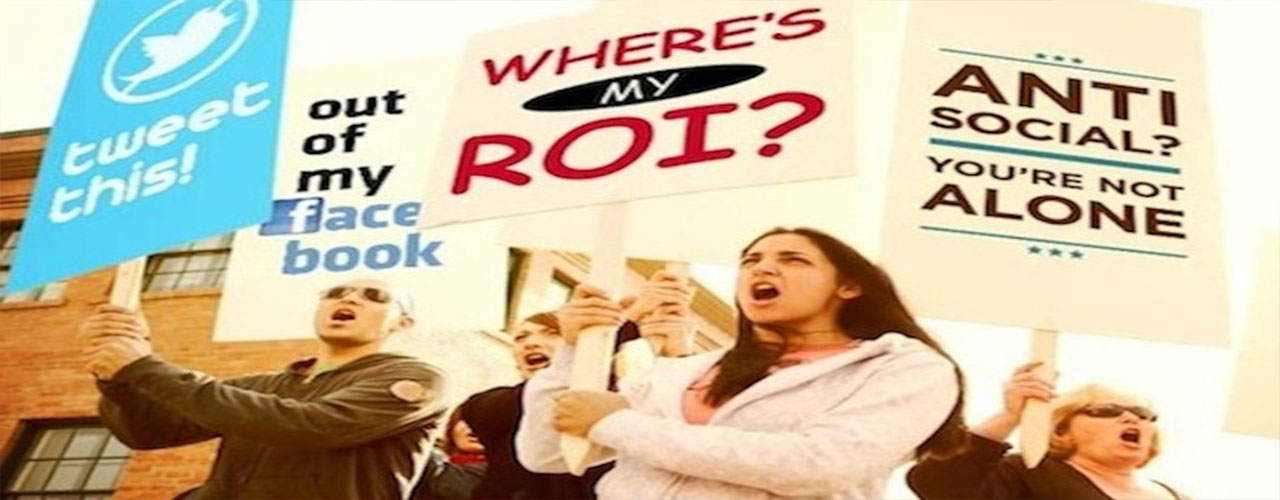Healthcare Social Media Marketing 2012
Are we on the verge of a social networking backlash?
If you’re like most healthcare marketers, you’ve spent the last couple of years building your social network and reallocating resources to support social channels. You’ve updated your FaceBook status, tweeted, shared articles on your pinboard and blogged to stay connected to your online communities. And maybe you’ve begun to wonder if it’s all worth it.
If so, you’re not alone. The hospital and physician practice marketers we talk to are looking at the return on investment and questioning the true value of social media marketing.
Since the beginning, the team at Smith & Jones has viewed social media with some skepticism, and maintained a cautious, sometimes contrarian position about its role in marketing. Social media is not a miracle cure for weak and underperforming brands. It’s just another tool in the marketing toolbox; it’s not a substitute for an integrated multi-channel strategy.
In this issue of Protocol, we’ll examine the state of social media in the year 2012: Its promises, how it can and cannot convert healthcare consumers, and its future in the healthcare marketing mix.
The social revolution’s early promises
At first, social media marketing seemed too good to be true. It promised to level the playing field and help smaller brands and those with limited budgets compete with the big brands. Like never before, social media put the consumer in charge. It empowered people to pick and choose the messages they received, and provided a channel for loyalists to spread the love for their favorite brands (or flame against brands that wronged them). Social media foretold the end of mass marketing as we knew it; the imminent demise of traditional advertising, print and broadcast.
Get on board or get left behind
In many ways, social media marketing was foisted upon us. Hospital leadership said, “Go figure this out. By the way, there’s no budget.” Social media was an unknown, but new and exciting. We felt like we needed a Facebook page to compete. What would happen if we didn’t? Many jumped in without sound strategies, best practices or any understanding of how social media fit into otherwise integrated marketing communications plans. What choice did they have? It was join in or risk being left behind.
*Note: Though the word ‘media’ is a plural noun, we choose to use ‘social media’ as a singular noun. Our apologies to grammar purists.
